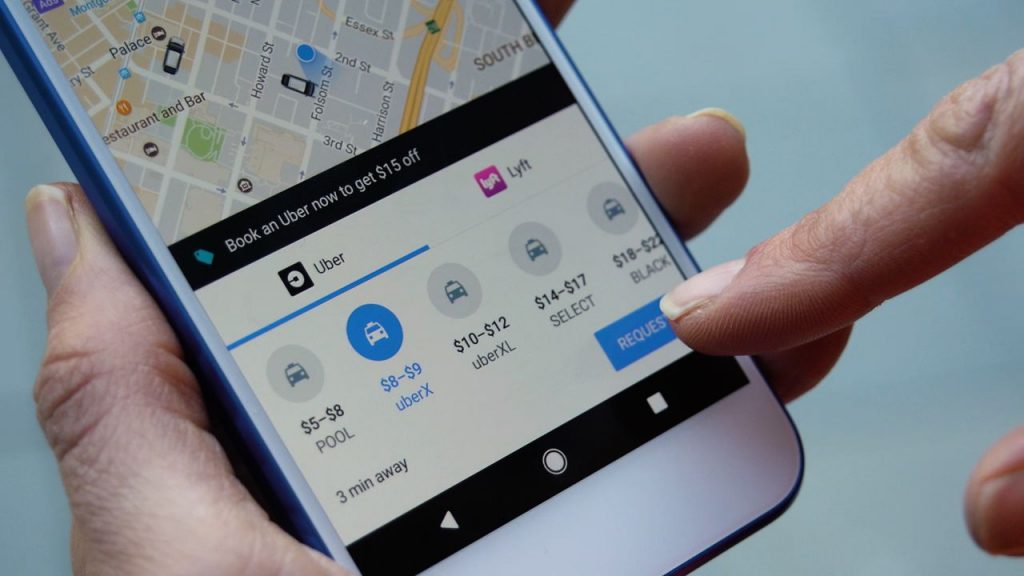It took me awhile to learn the biggest competitive advantages for online startups often happen offline. For as much as startups want to believe technology will solve everything, personal relationships really do play a large role.
There are gatekeepers everywhere. Monkeys in a zoo don’t notice the gates that keep them in, they are perfectly content to play in the artificial park the zoo has given to them. Don’t be a monkey!

If you are just starting out, this may not be apparent to you. There is a growing concern that the internet is getting more and more gated and for profit. The truth is there was always a gate. As you get older and build more, you are simply realizing the limits of your cage and where they are.
When you start a company most people believe it is all about hacking together tools anyone can find. You can throw it together over a weekend hackathon if you just find the right problem. To some extent, that can get you some initial customers. But anyone can copy you and throw together the same thing. They’ll have exactly the same costs and functions as you. Automating their email with Sendgrid, text messages with Twilio, search with elastic search companies.
The competitive advantage is the millions of secret APIs happening everyday. There’s no set pricing, you have to negotiate everything and it’s slow! Often there is no documentation, these APIs were either built just for you or for internal use only. These are the benefits when an article says a startup just partnered with some huge conglomerate. How did Uber (and later Lyft) get an API to be included in the Google Maps results?

Startups typically hate figuring out these deals. They are slow, far slower than you can imagine. You think about how you can throw together that public API in a weekend? This one might take years. YEARS.
The people you are handed in big companies often don’t care, their salary doesn’t change and actually all you are doing is creating more work for them. I’ve seen an API for logistics into the Baltics take over 3 years and have no less than 3 people “managing” the project leave the company or get moved to another department and have the endless powerpoints and calls start all over. Every little deadline and term will be changed over time.
These APIs won’t be easy to get or to implement. RESTFUL? If you are lucky. Automated billing? Forget about it. Every month you will just negotiate what you owe.
But if you get through it, you will cut all the red tape. Once its up and running, you won’t have to deal with Google endlessly rate limiting your API calls or Facebook temporarily suspending your service because they haven’t decided if they country your business is in has too much fraud.

Everyone wants to sit at home and not deal with the confrontation of negotiation. The same rules apply for other things in life. Sticker prices are for chumps. If there was an API for investors, you would get all the worst deals. Tinder and every other dating app of the month is always going to be harder and give worse results than going up to a stranger in a public location. I even got my very first credit card this way. Even though I had no money and a very short credit card history, I looked up the CEO of Capital One and politely argued my case for their best card. That actually helped me get my first Y Combinator interview.
The unicorns that stick around all base their core business by negotiating these APIs. Twilio probably has dozens of APIs with telecoms being created and negotiated all around the world.
My own company, Trusu, negotiated all our international shipping pretty early on with Fedex in Hong Kong and got 30% off all our shipping. Just for a couple in person conversations. None of our competitors at the time had this.
Later on we got an even better deal with Lenton, an international logistics company on the board of the company that acquired us. Their API had to be built out and constantly discussed over years, to include customs, ground delivery, and eventually edge cases where people on 5th floor walkups would order 300lb exercise bikes.
I have firsthand knowledge of dozens of offline APIs. As you will start to realize, this isn’t fair. But you should know it exists and seek to create your own.
- Many featured apps in the Apple app store don’t just get there by making the best app. They continually bounce ideas and get feedback by friends who works at Apple. They can get a faster approval process than you and even know how to fight an app store rejection.
- Startup groups have voting rings for Product Hunt and Hackernews and likely exists for every other popular list.
- Startups make friends with reporters who make sure they get press consistently.
- Youtubers have special access to youtube. Someone to fight false copyright strikes and preemptively avoid DMCA takedowns.
- E-commerce companies listed on Amazon work out special blogs and parks for their store.
- Facebook page owners have people on the inside at Facebook who give them special tips for posting and help when things go wrong.
I myself, was got someone on the insides to enable Facebook ads in Hong Kong when they were getting falsely flagged and blocked.
Once you realize these exist, the next question is “How do I get these?” There’s no easy answer here. Get people to believe in your vision, make people believe they will make money if they work with you, nepotism. Whatever you can.
